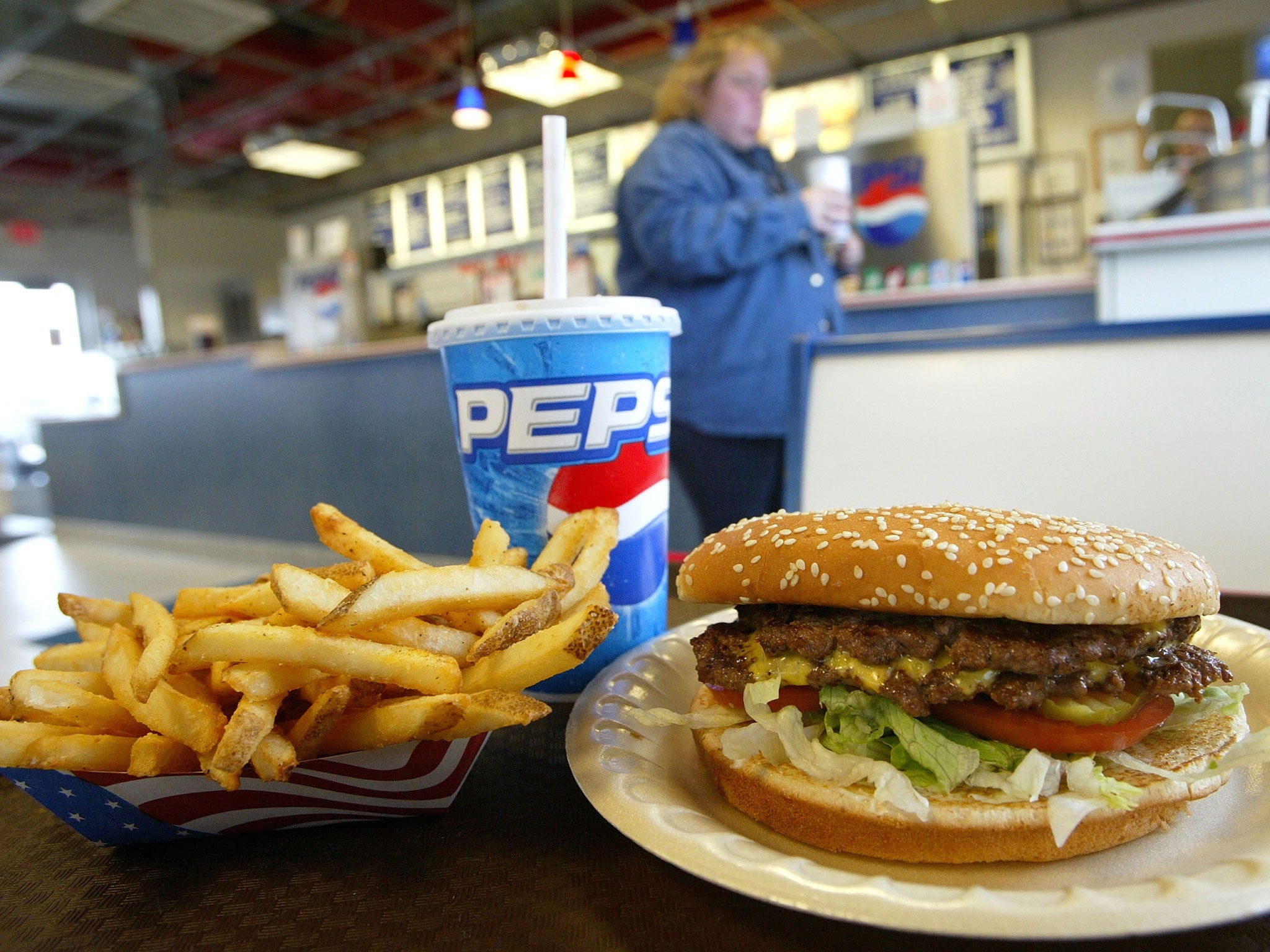The basic income is a dangerous idea that gives the state power to control every penny that citizens spend
In an age of increasing lifestyle regulation, a basic income would open the door to state diktat over consumption

Your support helps us to tell the story
From reproductive rights to climate change to Big Tech, The Independent is on the ground when the story is developing. Whether it's investigating the financials of Elon Musk's pro-Trump PAC or producing our latest documentary, 'The A Word', which shines a light on the American women fighting for reproductive rights, we know how important it is to parse out the facts from the messaging.
At such a critical moment in US history, we need reporters on the ground. Your donation allows us to keep sending journalists to speak to both sides of the story.
The Independent is trusted by Americans across the entire political spectrum. And unlike many other quality news outlets, we choose not to lock Americans out of our reporting and analysis with paywalls. We believe quality journalism should be available to everyone, paid for by those who can afford it.
Your support makes all the difference.From Canada to Switzerland, the idea of universal basic income (UBI) is gaining popularity. The Swiss are due to vote on the idea on 5 June this year. In the UK, the Green Party has flirted with the idea and Shadow Chancellor John McDonnell has expressed an interest, too.
It sounds great – but the basic income changes the relationship between people and government in frightening ways.
The benefits of a basic income appear straightforward: it allows us to fell our bloated welfare state in an instant. Rather than the tangle of different means-tested benefits and entitlements available today, everyone will be paid a basic income by the state, which should cover – or almost cover - the basic cost of living. Work, therefore, becomes an activity pursued to increase personal income.
And yet the UBI actually expands the remit of the state. Replacing the welfare system will perhaps reduce the vast armies of bureaucrats recruited to administer the benefits system, but while the state – in bald terms of its size and cost – may shrink, the role of the state will expand. This is troubling.
With UBI, ever citizen will rely, at least in part, on his or her income being handed out by the state. Rather than there existing pockets of state dependency, all of us will become (albeit to differing degrees) dependent.
The state will now have a role in topping up everyone’s pay packet. Instead of the state playing a role within society and the economy, where private action is inadequate (for schooling and healthcare, for example), and as a safety net of last resort (as the welfare state was originally conceived,) it becomes an manager and provider for all. It will become a constant fixture of the financial lives of us all, a sort of lifetime employer.
The implications are huge. At a time where the way we live our lives and our consumption habits have become the constant, nagging concern of the state – from minimum prices for alcohol to the ‘sugar tax’ – there the worrying potential for a basic income to be used to enforce a change in people’s spending habits and lifestyle.
Observe how commentators observe that someone claiming social benefits may be spending a portion of this income on cigarettes, alcohol or gambling. In the US, for example, welfare payments are often made in food stamps, redeemable only for items the state considers essential.
In an age of increasing lifestyle regulation, a basic income would open the door to increased state diktat.
At the same time, the state will essentially step into the role of subsidising business. To a lesser extent, this already happens today. There are already low-income jobs in the US where workers rely on food stamps to supplement their incomes. In the UK, many low-paid workers require housing benefit to keep a roof over their heads.
UBI would not eliminate this problem but extend it: the primary role of the state will be to top up its citizens’ pay packets and pensions.
Many economists observe that when it comes to wages, the floor price is often determined by the cost of the workers' ability to survive from day-to-day. That is, that they must pay at least the bare minimum in order for the workers to eek out some sort of shelter, and acquire at least some sustenance in order for them to return to work the next day.
Not anymore: with a basic income, the state will guarantee everyone’s basic ability to survive from one day to the next. And so work, however skilled, will potentially pay less.
If workers are able to to survive on lower wages, with business now rely on wage subsidy by the state, then businesses will expand their profit margins thanks to the intervention of the state.
Is that what we want? It may appear utopian, but the basic income will change the relationship between the citizen and the state significantly – and not in the ways we might hope.
Join our commenting forum
Join thought-provoking conversations, follow other Independent readers and see their replies
0Comments